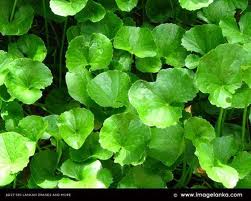
Hippocrates, a Greek physician who was considered “the Father of Medicine,” once said that let vegetables be medicine. Vegetables, especially those having bitter flavors, have proven that the ancient physician is quite right.
Tips on some vegetables that are nutritious and good for human health
Hippocrates, a Greek physician who was considered “the Father of Medicine,” once said that let vegetables be medicine. Vegetables, especially those having bitter flavors, have proven that the ancient physician is quite right.
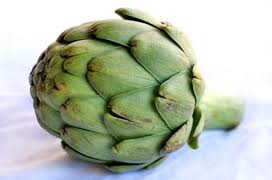 |
Studies show that intake of artichoke can help protect the liver, lower the cholesterol level in the blood and blood sugar, stimulate the secretion of bile, relieve joint pain and facilitate urination. Artichoke drinks are refreshing and can boost the functioning of the liver.
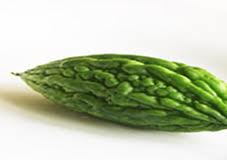 |
Instant bitter gourd drink, often available in the form of sachets, is good for sleep and the liver. The drink can also help refresh and detoxify the body, and prevent complications caused by diabetes and calculuses.
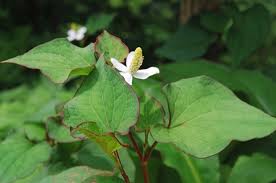 |
Intake of dip cá can help relieve hemorrhoids and coughing, facilitate urination, lower high blood pressure and kill bacteria. Studies show that the vegetable has quercetin, a strong antioxidant that can help improve the immune system and prevent certain cancer.
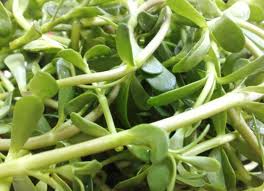 |
In traditional Vietnamese medicine, rau đắng has long been used to boost appetite and urination, and relieve pain caused by rheumatism. It is also good for the kidneys.
 |
Intake of rau má can help prevent forgetfulness and improve vision for the elderly. It can also be used to relieve burns and external wounds, refresh and detoxify the body, prevent infection and facilitate urination.
(Source: SGT)




![[Photo series] Admiring the most beautiful riverside road in Dong Nai before its technical traffic opening](/file/e7837c02876411cd0187645a2551379f/012026/nen_20260114174655.jpg?width=500&height=-&type=resize)